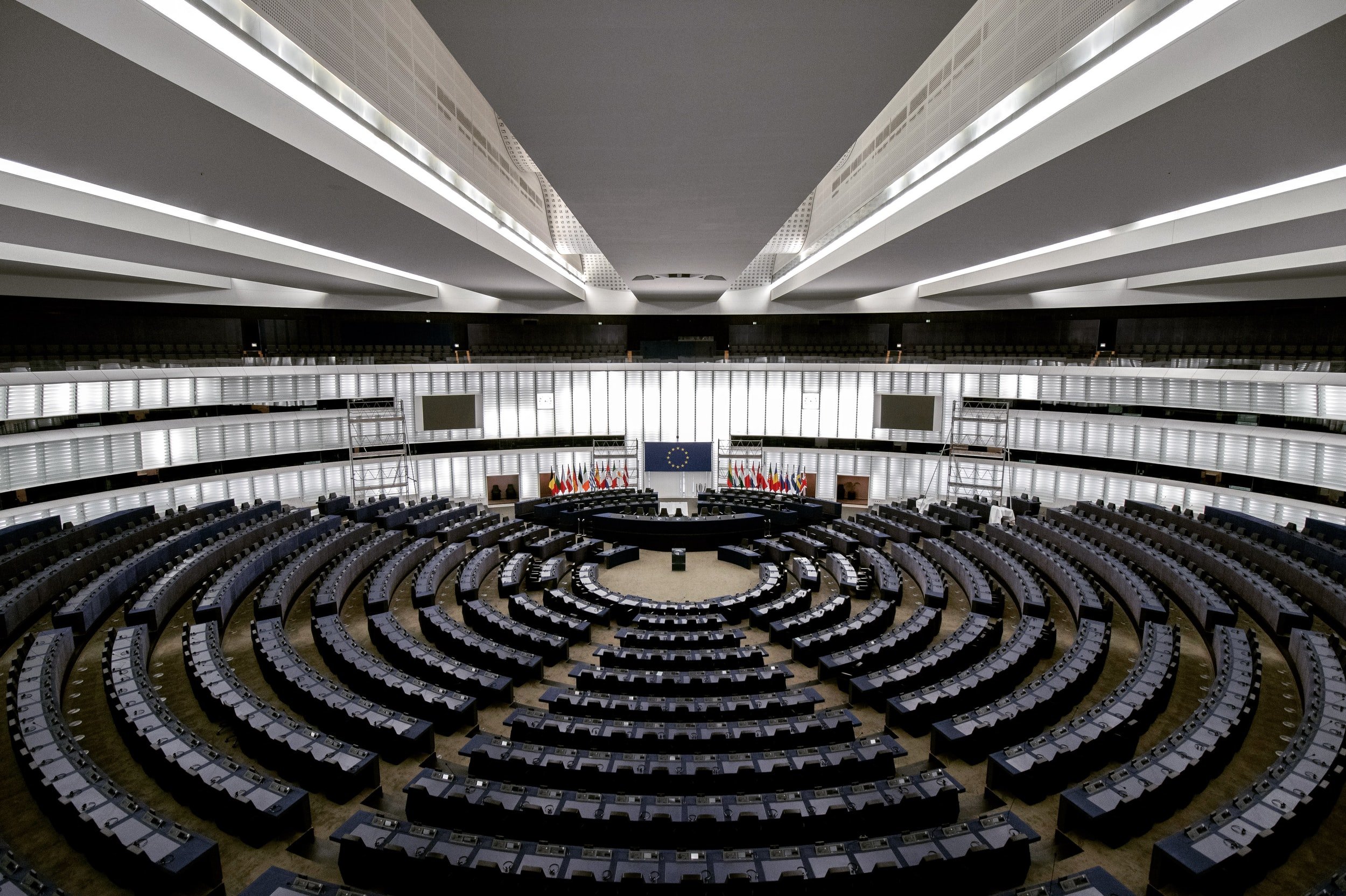
United Nations Office on Drugs and Crime
As I sit at my desk, frantically attempting to compose my president letter, not sure where to start or how to fit 5 years of passion into it. Greetings, delegate. My name is Jude Sharab, and I will be UNODC president this year. In this committee we will be discussing two pressing topics. The first, combatting the Rising Use of Synthetic Cathinones ('Bath Salts') in Europe. The abuse of synthetic cathinone has increased quickly and widely around Europe which is causing some serious concerns. Next, dealing with organized crime syndicates like the Yakuza. There are no words to express my joy and how eager I am to meet you all and see the heated arguments that you will all bring to the table when debating the two topics for this year. I'm excited to see what potential every one of you has, and I hope we can all work together towards a successful conference while still having a good time and engaging in productive debates. As we unfold the pages and the conference starts I expect nothing but the best from you delegates. I cannot wait to get to know you all and spend the upcoming 3 days exploring your potentials,
See you all in January!
Jude Sharab
Topic 1: Combatting the Rising Use of Synthetic Cathinones (‘Bath Salts’) in Europe
Synthetic cathinones (also known as bath salts) first appeared on the European drug market in 2004. They are used to mimic the effects of stimulants such as amphetamines and cocaine leading to severe side effects such as health risks, addiction, and death. Synthetic cathinones originally appeared in Germany and the UK where they were sold as “legal highs” under the name “bath salts” or “plant food” to get around drug laws. This allowed them to be sold rapidly and in various online shops and even the street markets. The rise in this drug was due to economic issues such as unemployment, poverty, and some legal loopholes.
Over time, the European Union and other countries took measures to ban these substances, but new synthetic variants kept emerging, complicating their efforts. This has severely affected the United States, France, Australia, Italy, and other countries, leading to drug trafficking, and other criminal activities that are threatening their national security.
Topic 2: Dealing with organized crime syndicates like the Yakuza.
The Yakuza is widely recognized as one of the oldest organized crime groups, originating in Japan in the 1600s. The organization grew in size and power over time and engaged in many illegal ventures including illegal gambling, extortion, drug trafficking, and eventually more organized crime including money laundering and cybercrime.
The rise of the Yakuza stems from a combination of historical, social, and economic factors. After World War II, Japan faced significant social and economic turmoil, leading many to seek the protection and employment offered by the Yakuza. As poverty increased, particularly in marginalized communities, the Yakuza emerged as a means of survival, providing jobs tied to illicit activities.
The Yakuza, primarily raised in Japan, has expanded into other parts of Asia and even in the United States, establishing worldwide networks. The Yakuza having global networks will allow for enhanced international drug trade, human trafficking, and transnational crime networks. Domestically, the Yakuza are involved in violent crime, they negatively impact the economy and can undermine public trust due to connections with corrupt government officials.
Despite the Japanese Government's attempts to shut down the Yakuza, through stricter legislation, police crackdowns, public awareness campaigns, etc, the Yakuza continue to adapt and maintain their influence.
Study Guides
Delegate’s Guide
UNODC Guide 2025


